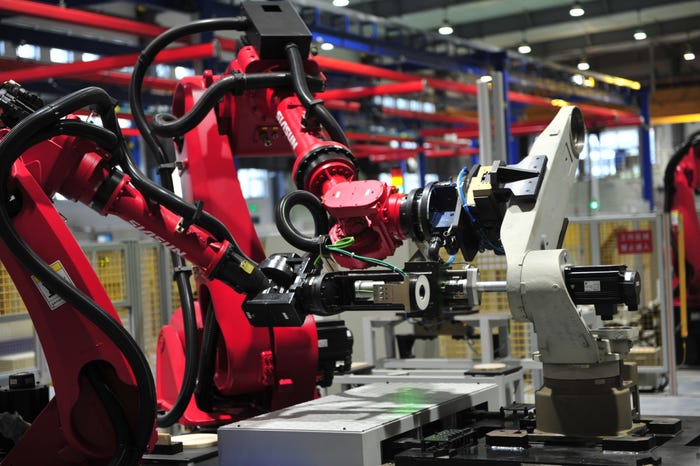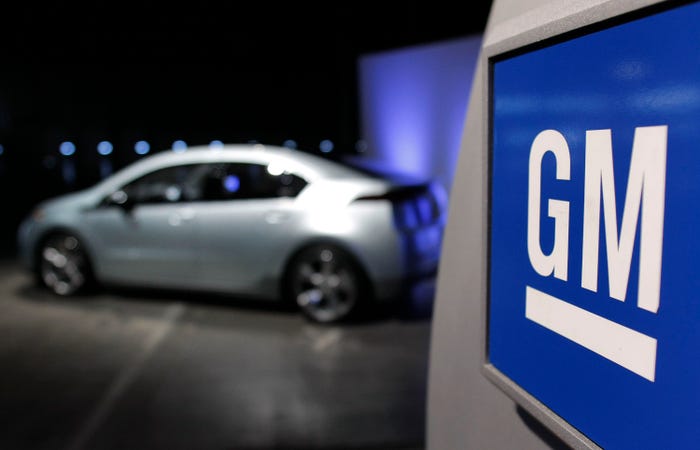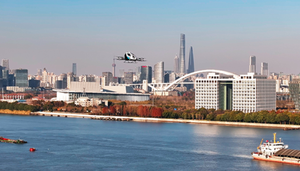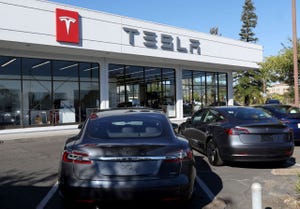Self-Driving Taxis Gain Trust Among UsersSelf-Driving Taxis Gain Trust Among Users
J.D. Power Robotaxi Experience Study finds dramatic shift in consumer confidence after firsthand experience with autonomous vehicles

Consumers are skeptical about autonomous vehicles (AVs) until they have actually tried them – and then they become more positive.
That’s the headline finding from the latest J.D. Power Robotaxi Experience Study, which has just been released for 2024.
And it spells good news for Tesla, as anticipation builds before its reveal of the year’s most eagerly awaited new vehicle, the so-called Cybercab self-driving taxi.
The J.D. Power study, which is now in its second year, was based on feedback from 3,773 respondents and found that the main contributor to the rise in confidence among consumers was vehicle technology.
The difference between those who have tried fully autonomous self-driving taxis and those who haven’t was stark. Among those in the former group, confidence in the AVs was rated at a lofty 76%. But in the latter, it was a mere 20%.
Even exposure to the tech, rather than experiencing it, helps, with 34% of those who have seen robotaxis in action, but not actually ridden in them, expressing confidence.
The study quizzed 773 consumers who live in cities where self-driving taxis are available – Dallas, Las Vegas, Los Angeles, Phoenix and San Francisco – plus an additional 3,000 consumers who live elsewhere across the United States.
And while the research is undeniably encouraging, it does suggest there is still plenty of work to do by the leading self-driving taxi operators.
“The robotaxi segment is still anyone’s game, given that most people are not familiar with robotaxi brands and haven’t formed a clear associative imagery,” said Kathleen Rizk, senior director of user experience benchmarking and technology at J.D. Power.
“Industry leaders like Cruise and Waymo, along with lesser-known companies such as Zoox, May Mobility and Motional, need to look beyond their deployment markets and find ways to educate and build trust with all consumers.”
The study also underlined again just how much emphasis consumers place on the need to feel secure in self-driving taxis. When asked to describe their ideal robotaxi service, consumers – regardless of whether they have experienced AVs or not – consistently selected image attributes of safe (78%), reliable (71%) and trusted (66%).
Desirable key features that were highlighted include an emergency button to connect with local emergency services; the ability to share location with local authorities; the ability to select a vehicle that has the safety features they want; and the ability to choose a route beforehand.
And in terms of technology, a self-driving taxi’s ability to obey the rules of the road was cited as the most important feature, ranking at 8.36 on a 10-point scale.
There was also some fascinating insight into how AVs are thought of in comparison with conventional ride-sharing vehicles, such as those operated by Uber and Lyft. No fewer than 77% of those who have ridden in a driverless cab would prefer to use one when they need to have a private conversation. But a service with a driver is still the preferred option in an unfamiliar area.
About the Author
You May Also Like








